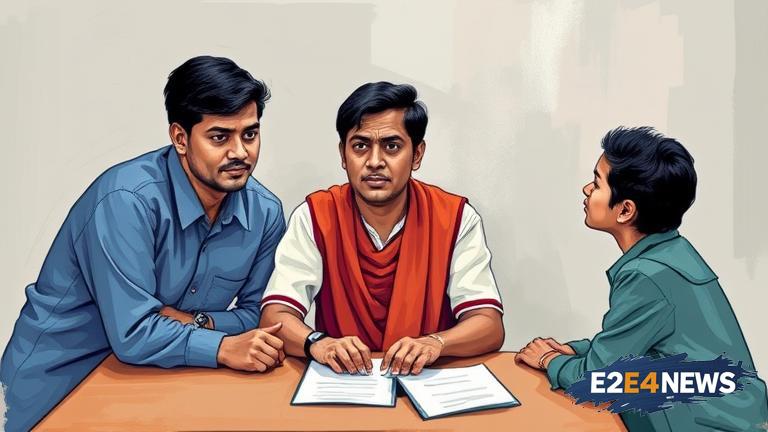The Karnataka government’s decision to reform the Secondary School Leaving Certificate (SSLC) exam has sparked a heated debate across the state. The reform, which aims to reduce the burden on students and make the exam more student-friendly, has been met with mixed reactions from students, teachers, and parents. While some have welcomed the change, others have expressed concerns over its potential impact on the quality of education. The reform proposes to introduce a new exam pattern, which will include multiple-choice questions and reduce the emphasis on rote learning. The government claims that this will help to reduce stress and anxiety among students, and make the exam more inclusive. However, some teachers and parents have raised concerns that the new pattern may compromise the standards of education. They argue that the multiple-choice questions may not adequately test a student’s knowledge and understanding of the subject. Moreover, they fear that the reduced emphasis on rote learning may lead to a lack of depth and clarity in the students’ understanding of complex concepts. On the other hand, some students have welcomed the reform, saying that it will reduce their workload and make the exam less daunting. They argue that the current exam pattern is too rigid and does not allow for creative thinking and problem-solving. The government has also announced plans to introduce a new grading system, which will replace the traditional pass-fail system. Under the new system, students will be graded on a scale of A to E, based on their performance in the exam. This move has been seen as a positive step by some, as it will allow for a more nuanced assessment of a student’s abilities. However, others have raised concerns that the new grading system may create confusion and inconsistency. The reform has also sparked a debate over the role of technology in education. The government has announced plans to introduce online exams and digital assessments, which will replace the traditional pen-and-paper exams. While some have welcomed this move, others have raised concerns over the potential for technical glitches and the digital divide. The opposition parties have also criticized the government’s decision to reform the SSLC exam, saying that it is a hasty and ill-conceived move. They argue that the reform has not been adequately thought through and may have unintended consequences. The government has, however, defended its decision, saying that the reform is necessary to bring the education system in line with the changing needs of the 21st century. The SSLC reform has also sparked a debate over the quality of education in Karnataka. Some have argued that the reform is a necessary step to improve the standards of education, which have been lagging behind other states. Others have argued that the reform is a distraction from the real issues facing the education system, such as inadequate infrastructure and a shortage of qualified teachers. The government has announced plans to establish a committee to oversee the implementation of the reform and address any concerns or issues that may arise. The committee will comprise representatives from the education department, teachers’ associations, and parents’ organizations. The reform has also sparked a debate over the future of education in Karnataka. Some have argued that the reform is a step towards creating a more modern and progressive education system, which will prepare students for the challenges of the 21st century. Others have argued that the reform is a retrograde step, which will compromise the standards of education and create confusion among students, teachers, and parents. The SSLC reform has been a major talking point in Karnataka, with stakeholders from across the state weighing in on the debate. While some have welcomed the reform, others have expressed concerns and skepticism. As the debate continues, it remains to be seen how the reform will be implemented and what its impact will be on the education system in Karnataka.
